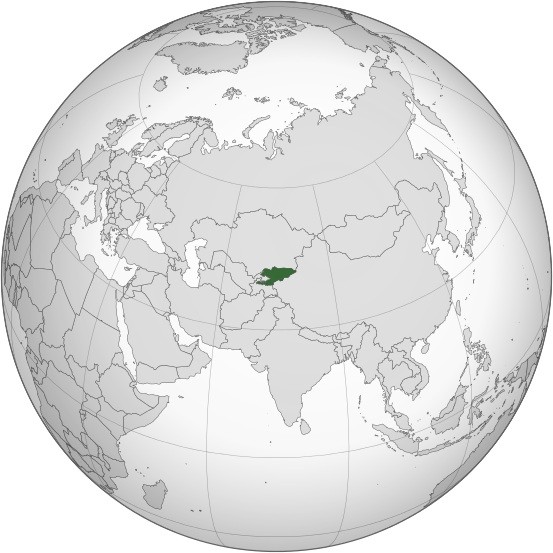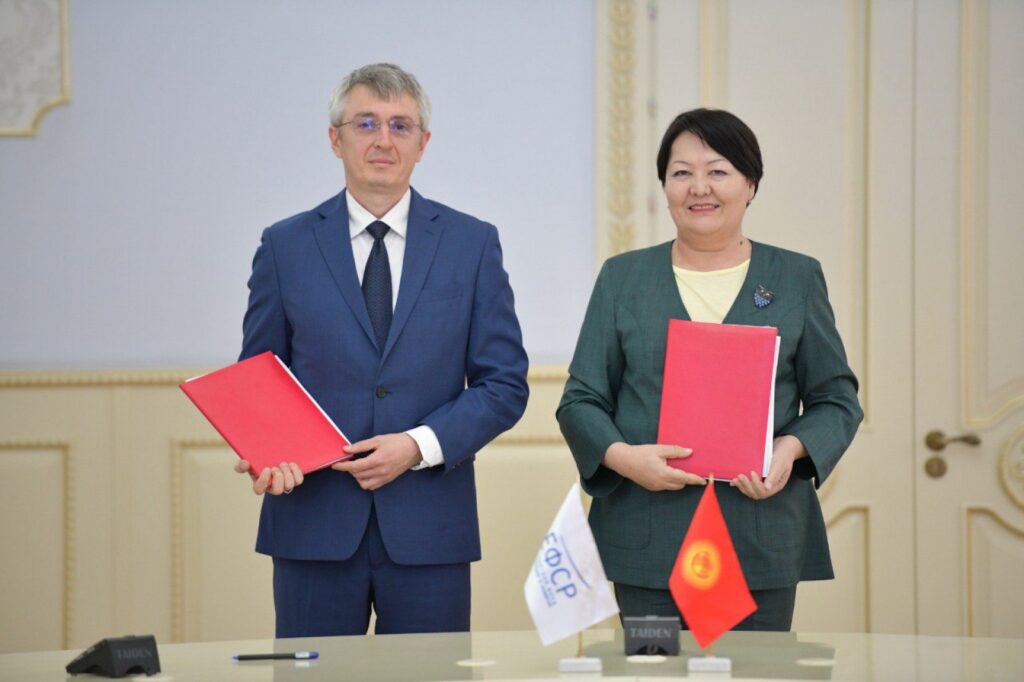BISHKEK (TCA) — The Executive Board of the International Monetary Fund (IMF) has completed the fourth and fifth reviews of Kyrgyzstan’s economic performance under the three-year Extended Credit Facility (ECF) arrangement, which enables the immediate disbursement of an amount of about US $26.9 million to the country. This would bring total disbursements under the arrangement to about US $80.7 million, the IMF said.
Following the Executive Board discussion Mr. Tao Zhang, IMF Deputy Managing Director and Acting Chair, said: “The Kyrgyz economy is showing welcoming signs of recovery as the external environment is gradually improving. While significant risks remain, debt and financial sector vulnerabilities have subsided. The authorities are committed to prudent macroeconomic policies and implementation of structural reforms, and see them as essential to promoting higher and more inclusive growth and to increase economic resiliency.”
Mr. Tao Zhang said in a statement that fiscal consolidation remains essential to rebuild buffers and ensure debt sustainability in Kyrgyzstan. Consolidation should focus on increasing tax revenues by implementing permanent measures, such as broadening the tax base and strengthening the tax and custom administration. Rationalizing expenditures will also be needed, and involves reforming public wages, cutting subsidies, better targeting social benefits, and improving the public investment framework.
“Monetary policy remains appropriately focused on maintaining price stability. The National Bank of the Kyrgyz Republic (NBKR) should continue to pursue a two-way flexible exchange rate policy, and limit interventions only to smoothing the excessive volatility of the som,” the statement said.
“The authorities are encouraged to swiftly resume their structural reform agenda, especially in public finance management to enhance public sector efficiency. Improving the business environment and fighting corruption will be essential to promote private sector-led growth.
“While the program is facing important domestic and external risks, including a slower regional recovery, reform slippages, and worsening of corresponding banking channels, the authorities remain firmly committed to implement the program and pursue policies to ensure a return to higher and more inclusive growth on a sustained basis.”









